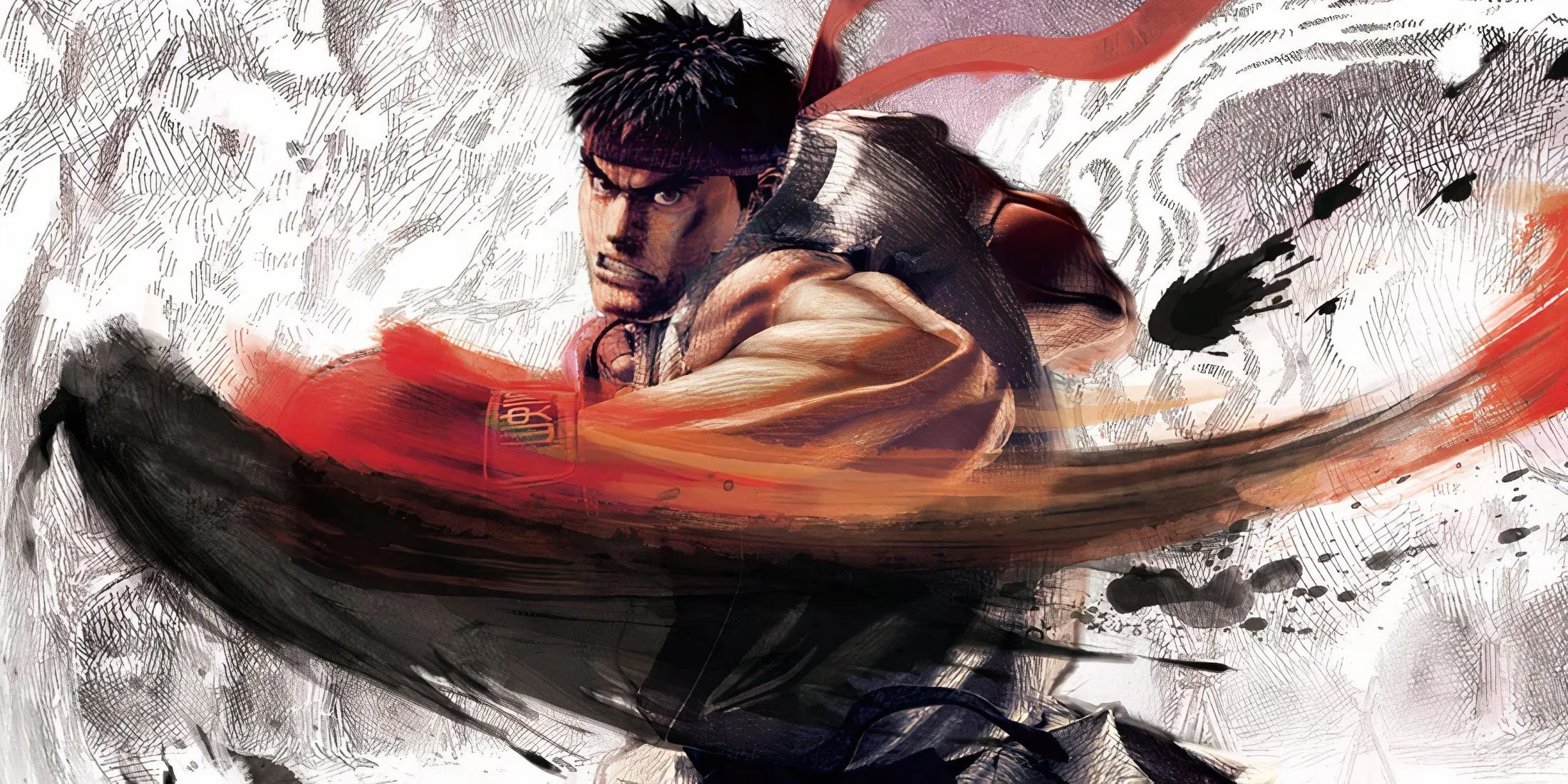Whispers of Revival: Games That Rescued Dying Genres
Explore how gaming genres like hack and slash, fighting, and tactical RPGs are reborn through passionate revivals, blending nostalgia and innovation.
I remember wandering through the digital realms, feeling the pulse of genres flicker like dying embers in a forgotten hearth. The industry's relentless march forward often leaves treasures buried—styles once vibrant, now shadows of their former selves. Yet, in those quiet moments, a spark ignites, a hero rises, and what was lost finds new breath. It's a dance of resurrection that I've witnessed, not as a distant observer, but as a soul entwined with pixels and passion. Gaming, for me, is a tapestry woven with threads of nostalgia and innovation, where the fall of one era births the dawn of another. I've seen genres teeter on the edge, only to be hauled back by hands that craft worlds with love and fury. This journey, my journey, is etched in the chronicles of revivals that defy oblivion.

Hack and Slash Reborn: Devil May Cry 3
Oh, the thrill of blades clashing and demons roaring—I recall when this genre felt like a fragile dream. Before Platinum Games' era, hack and slash was a whisper in the wind, almost silenced by Devil May Cry 2's missteps. That game, so easy a child could conquer it, left us adrift in a sea of doubt. 💔 But then, Dante returned, not just a shadow, but a phoenix. Devil May Cry 3 soared with wit and charisma, its Styles system blossoming like wildflowers in combat. I remember choosing my path, upgrading moves, feeling each strike resonate—a symphony of chaos that proved why this dance deserved to live. It wasn't just a game; it was a rebellion against extinction, a reminder that even in darkness, flair can reignite the flame.
Fighting Games' Renaissance: Street Fighter 4
Arcades once echoed with the clash of fists, but by the 2000s, that rhythm faded—I felt it in my bones, a hollow ache. Tekken and Soulcalibur held on, yet the competitive soul seemed lost, adrift in home consoles' tide. Then came Street Fighter 4, bold as a summer storm. Its aesthetic, vibrant and new, balanced the scales like a master's touch. I recall those nights, controllers in hand, where every parry and combo felt like rediscovering a language I'd forgotten. 🌟 This wasn't just revival; it was proof that fighting games could thrive outside arcades, igniting a renaissance that banished the dark ages. The genre breathes again, a testament to Capcom's gamble that saved us from oblivion.
Tactical RPGs' Second Wind: Fire Emblem: Awakening
In the maze of strategy, where every move is a chess piece in a grand tale, I wandered when tactical RPGs grew stale. Fast-paced games drowned their whispers, and Fire Emblem faced extinction—Intelligent Systems told it was their final stand. 😢 But Awakening arrived like a gentle rain, washing away the dust. Permadeath could be turned off, easing stress, while unit teams dealt devastating blows. I remember pairing allies, feeling each bond deepen the strategy, making it accessible yet profound. This game didn't just save a franchise; it gave tactical RPGs new wings, soaring above the noise to remind us that thoughtfulness in combat is timeless.
Point-and-Click Reimagined: The Walking Dead
Clicking through environments felt archaic, a relic I'd almost abandoned. Then Telltale's The Walking Dead emerged, its tension palpable as Lee faced zombie hordes with split-second choices. I recall the heartbeat moments—decisions that weighed heavy, turning point-and-click from stale to thrilling. It wasn't just gameplay; it was a pulse-pounding narrative that revived adventure for a new age. This formula, once fading, now flourishes in countless tales, all thanks to a game that dared to make clicks count. 💀
Survival Genre's Dawn: Minecraft
Before its arrival, survival games were niche whispers—UnReal World and Wurm Online lacked the spark to ignite the mainstream. I felt their struggle, a genre gasping for air. But Minecraft burst forth with vibrant blocks and endless freedom. Surviving meant fending off monsters and filling hunger bars, a rhythm that hooked gamers young and old. I remember building my first shelter, the joy in creation and peril, proving survival could be joyful and simple. Today, it's a global phenomenon, a beacon that saved the genre by making it universal—even for non-gamers. 🏕️
Survival Horror Resurrected: Resident Evil 4
In the early 2000s, survival horror seemed a ghost—Resident Evil clones and fixed cameras dragged it down. I wandered through those shadows, yearning for change. Then Resident Evil 4 shattered the mold: third-person immersion, Ganado swarms replacing slow zombies. Each shot felt deliberate, a dance of fear and strategy. I recall the adrenaline, the rebirth that inspired countless horrors today. It didn't just revive; it redefined, pulling the genre from its grave with daring innovation.
| Game | Genre Revived | Key Innovation |
|---|---|---|
| Devil May Cry 3 | Hack and Slash | Styles system for combat depth |
| Street Fighter 4 | Fighting Games | Balanced aesthetic and accessibility |
| Fire Emblem: Awakening | Tactical RPG | Permadeath toggle and unit teams |
| The Walking Dead | Point-and-Click | Tense decision-making mechanics |
| Minecraft | Survival Games | Creative freedom and simple survival |
| Resident Evil 4 | Survival Horror | Third-person perspective and aggressive enemies |
As I reflect on these tales, the question lingers—what genres still slumber, waiting for their savior? The cycle continues, an endless waltz where death births life. Perhaps in another decade, new heroes will rise, but for now, I savor the echoes of revival, grateful for the games that whispered hope into silence. 🎮